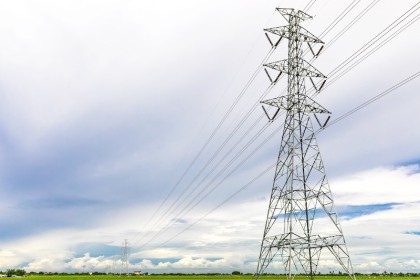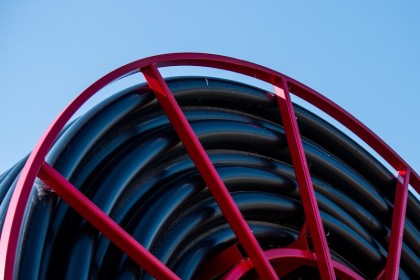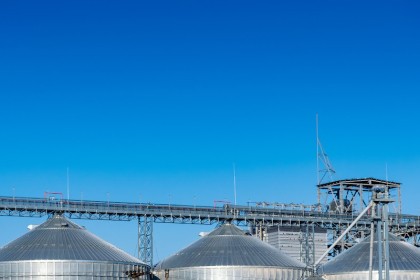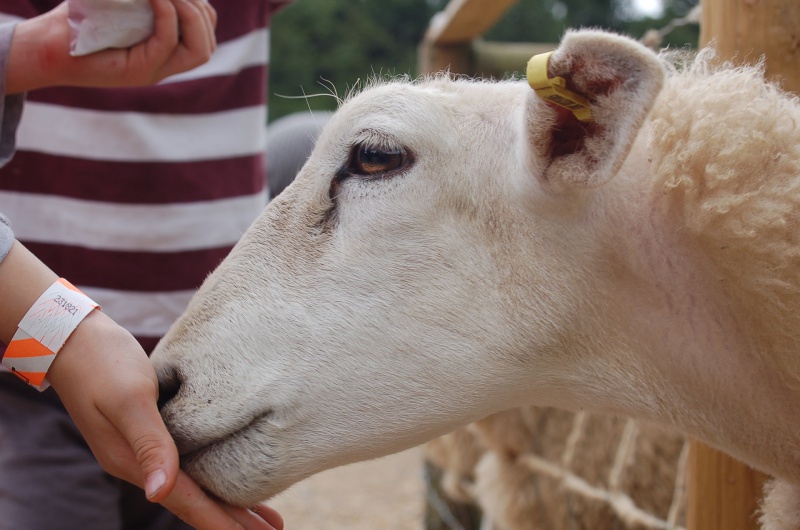
The Importance Of Proper Feed Storage For Agricultural Purposes
Proper food storage is important for the health and safety of pets and farm animals. Lack thereof attracts pests and provokes diseases to spread. The chemical compounds within feed can change when exposed to the elements. This leads to the growth of mould, fungi and bacteria which will make the animals ill. This needs to be meticulously monitored to ensure the safety of all your animals and avoid the spread of illness throughout the flock, herd, etc. The nutritional value of animal feed needs to retain its integrity for the animal to perform better, weigh more or yield a better result. Agricultural animals need to be well cared for because a farm animal is an investment. To get the most profitable return on your investment you need to nurture it. This means providing fresh food that is to be properly stored so farmers and animals are happy.
What can happen to feed if it is not properly stored?
Feed becomes exposed to:
- Rats
- Birds
- Fire
- Theft
- Insects
- Fungi
- Bacteria
- Oxidization
- Water damage
- Heat damage
How to store food properly:
To maintain its nutritional value, store it:
- away from direct sunlight and out of the rain
- in a ventilated space
- in a cool environment, and
- off the ground (to prevent condensation, i.e. the growth of mould).
Stale or mouldy food that is fed to animals can cause a number of complications, resulting in weight loss and other illnesses.
Changes in feed that can occur during storage
Lipids: These eventually break down into fatty acids which are more prone to turning rancid. High-lipid content is inclined to go off faster because of the chemical changes that take place.
Carbohydrates: Ferment when they are exposed to oxygen or moisture, which will result in unstable fatty acids.
Grain: These contain protective natural antioxidants, giving the grain a long shelf-life when stored properly.
Mixed feeds may go off faster as there are more chemical compounds interacting. They can be heat treated by steam pelleting, which prolongs shelf-life because some of these chemical factors are reduced.
For the proper storage of animal feed you will need large containers capable of:
- Keeping out moisture
- Keeping out sunlight
- Keeping insects out
- Keeping pests out
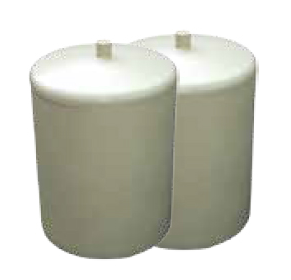
These containers are capable of holding up to 100kg of feed for proper agricultural storage.







